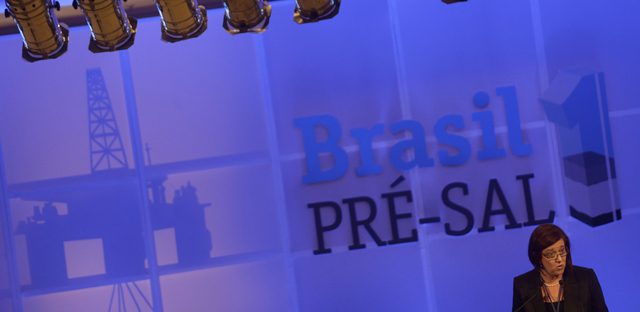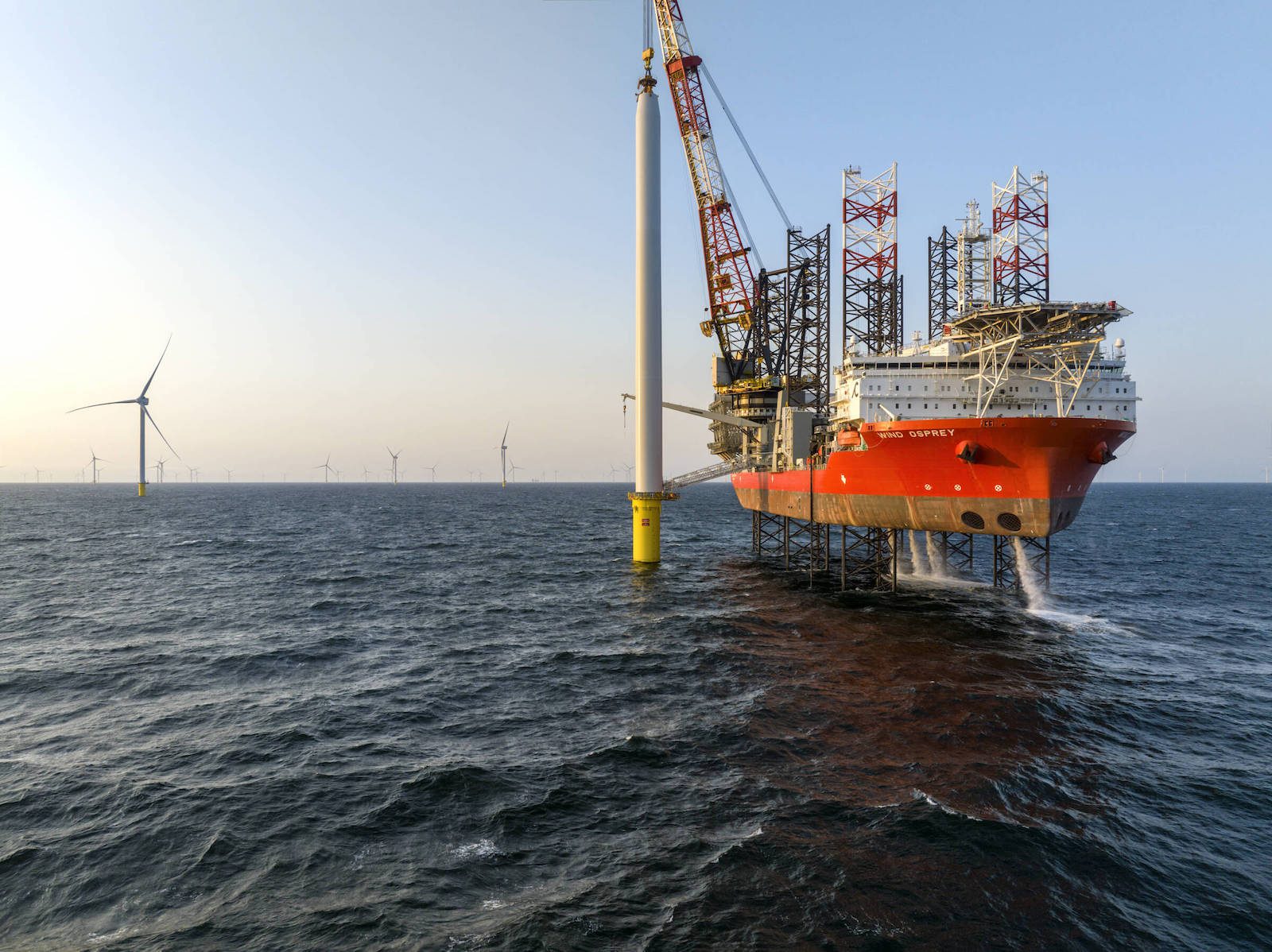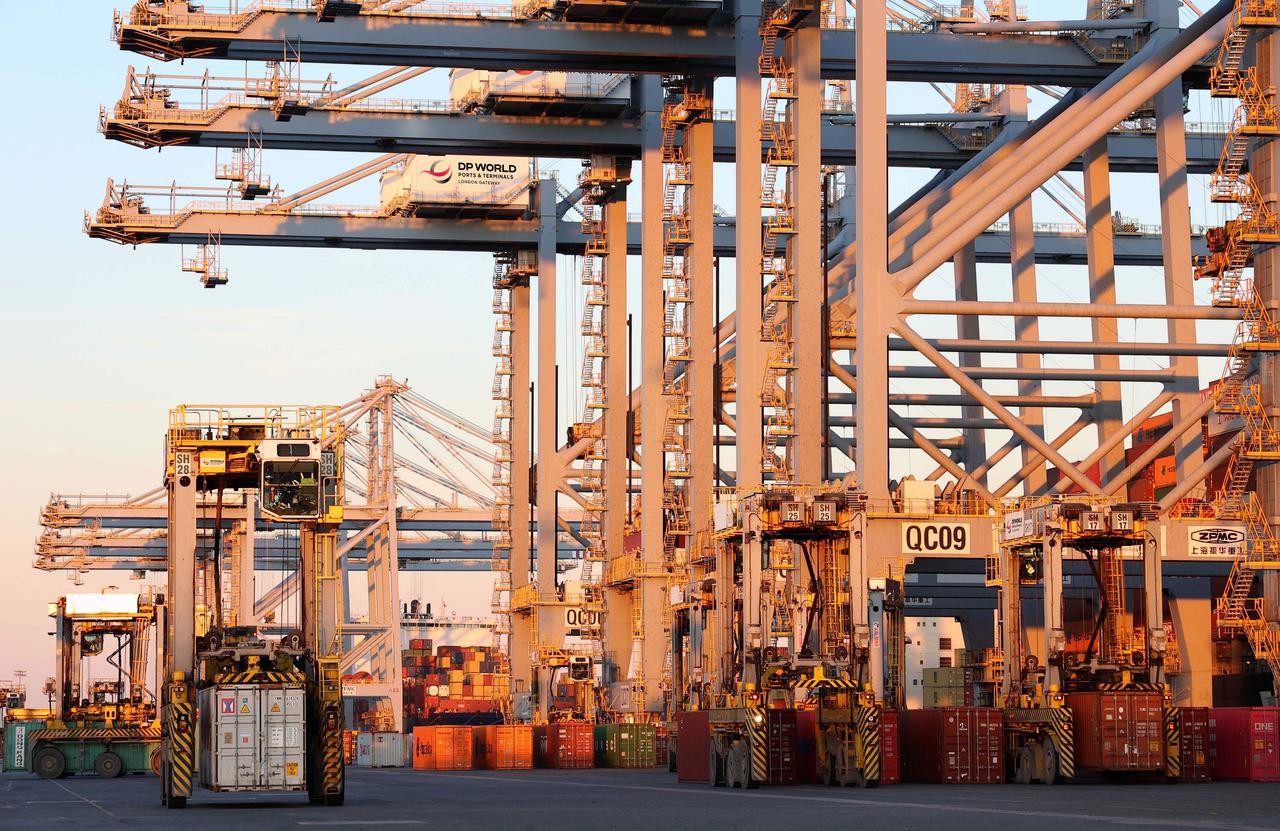The head of Brazil’s energy regulator ANP Magda Chambriard speaks during the auction for Libra offshore oilfield in Rio de Janeiro October 21, 2013. REUTERS/Ricardo Moraes
 By Jeb Blount and Sabrina Lorenzi
By Jeb Blount and Sabrina Lorenzi
RIO DE JANEIRO, Oct 21 (Reuters) – Brazilian state-run energy company Petrobras teamed up with European oil majors and Chinese rivals on Monday to buy the country’s biggest-ever oil field with a lone bid at the minimum price, a disappointing outcome for a sale that was supposed to launch Brazil as a petroleum power.
The auction, which proceeded as hundreds of protestors criticized the sale to private companies of the country’s natural resources, was notable because it sparked only a fraction of the appetite that was originally expected.
Rather than attract multiple bidders and the many global energy players who had long expressed interest in fast-growing Brazilian discoveries, the auction for the giant offshore Libra oil area drew just one tepid bid from a consortium offering the minimum price allowed.
Petroleo Brasileiro SA, as Petrobras is formally known, took 40 percent of the field in the auction, more than the minimum 30 percent that it was guaranteed by law. France’s Total SA and Anglo-Dutch Royal Dutch Shell Plc will each have 20 percent of the partnership, while China National Petroleum Corp and China’s CNOOC took 10 percent a piece.
Highlighting the lackluster interest by most major oil companies in the auction, the companies agreed to give the government the minimum legal amount of so-called “profit oil” from the fields – or oil produced after initial investment costs are paid. Under the terms of a new production-sharing contract, that minimum was set at 41.65 percent of profit oil.
Though hailed by the government as the start of development for its largest-ever oil discovery, the sole bid reaffirmed the fact that most multinational oil companies were turned off by the auction.
Despite the huge potential of the offshore region, many foreign oil producers and other potential investors shied away because they believed the rules for the new concessions offered little upside for profit and too big a role for the government and Petrobras.
“An auction supposes a contest,” said Carlos Sampaio, an opposition legislator in the lower house of Brazil’s Congress. “Without that, the government failed.”
Magda Chambriard, the head of Brazil’s national oil regulator, suggested that many companies had stayed away because they were daunted by the sheer size of Libra, estimated to hold as much as 12 billion barrels of recoverable oil.
“Even though there was limited interest, the quality of the (winning) group speaks for itself and leaves me wanting for nothing better,” Chambriard said at a news conference, adding that the next auction for Brazil’s big subsalt region was not expected for at least another two years.
Shares of Petrobras, a company whose investors have grown increasingly frustrated by cost overruns and production delays, surged after details of the bid emerged and dispelled fears that the company would overpay. Its preferred shares rose more than 5 percent just as the winning the bid was announced.
PROTESTERS CLASH WITH POLICE
Monday’s sale, the target of nationalist sentiment ever since Brazil found the oil, proceeded as hundreds of demonstrators outside the beachfront hotel that hosted the auction squared off against more than a thousand federal troops and other security personnel dressed in riot gear.
Some of the protesters, who flipped a local television crew’s vehicle and used fence segments from a nearby construction site as shields, clashed with the police, who fired tear gas and pushed back with shields and batons of their own. Helicopters buzzed overhead and navy boats patrolled offshore.
But the rules governing the sale, giving Petrobras at least a 30 percent stake in every concession and the lead role in all production and exploration, were considered so unattractive by most foreign investors that only 11 companies signed up for the auction, a quarter of what the government had expected.
Even then, some of those who signed up did not participate.
Some observers were surprised that Shell and Total took part, as many had expected bidders to consist mostly of Petrobras and other state companies, mostly from China.
“The entry of Total and Shell is a very good thing because it shows that non-state international companies are interested in this project,” said Julio Bueno, secretary of economic development for the state of Rio de Janeiro, Brazil’s top oil producing state.
Under the terms of their bid, Petrobras and its partners offered to pay 15 billion reais ($6.88 billion) up front for the rights. They also agreed to spend at least 610.9 million reais on further exploration in the area.
On offer in Libra were production rights to a massive offshore field that holds between 8 billion and 12 billion barrels of recoverable oil, according to Brazil’s oil regulator and Dallas-based oil certification company Degolyer & MacNaughton. Brazil estimates it will receive at least $400 billion in taxes and other revenue from Libra over 30 years.
The auction was the first under a three-year-old legal framework that expands state control over Brazil’s most prolific oil region, the subsalt reserves off the coast of Rio that hold billions of barrels of oil under a thick layer of salt beneath the ocean floor. Under the new law, Petrobras must lead development of the fields as operator.
(c) 2013 Thomson Reuters, All Rights Reserved

 Join The Club
Join The Club











